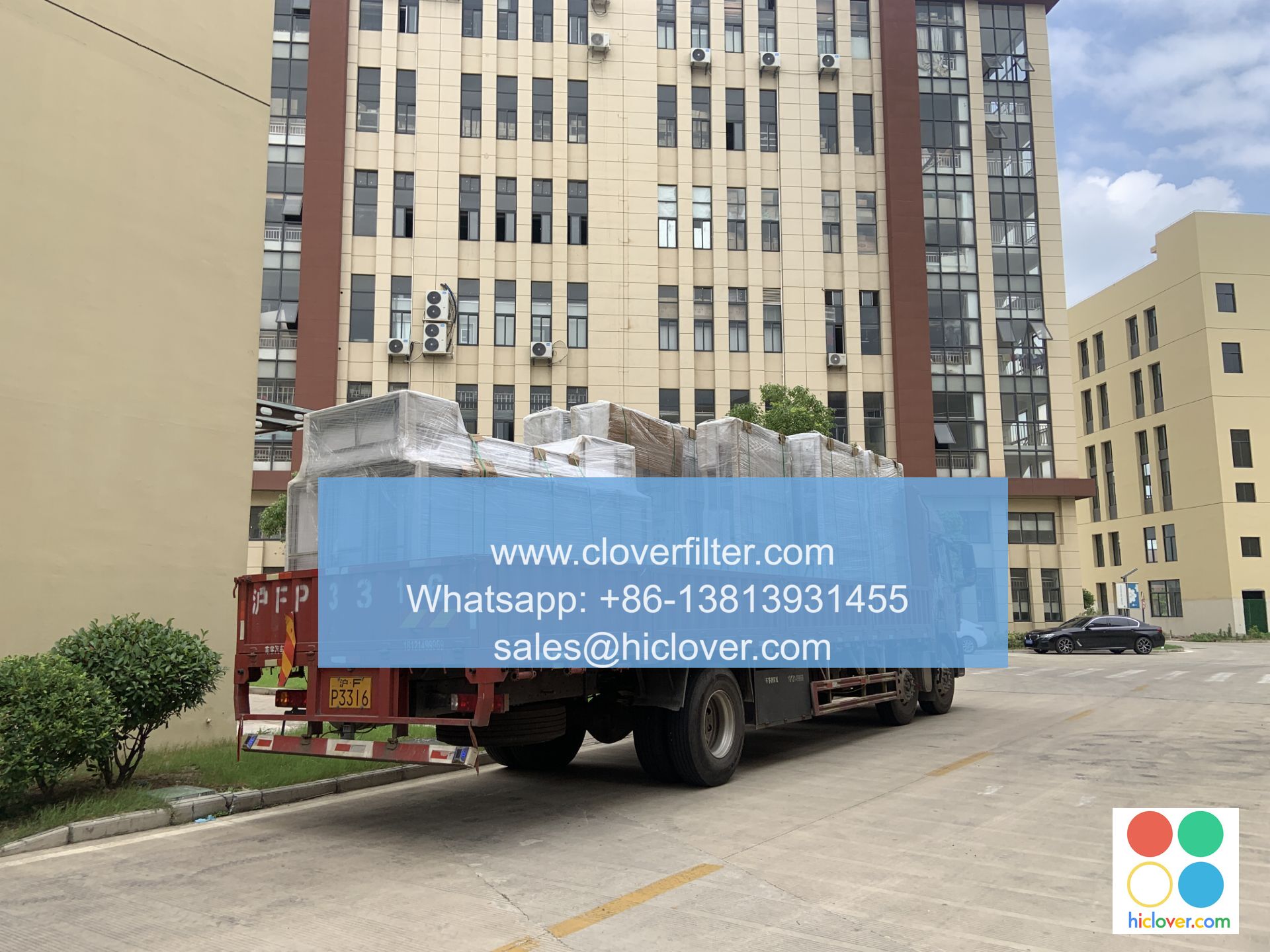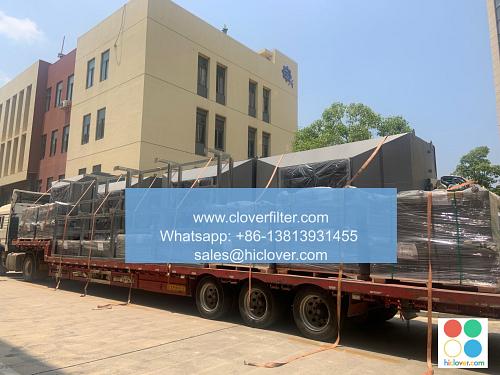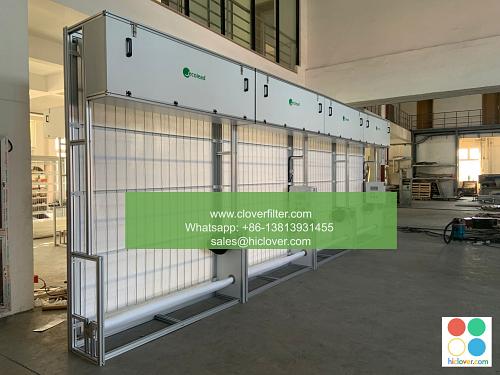The Effectiveness of Automatic Roll Air Filters in Removing Airborne Contaminants in Calgary Food Processing

The city of Calgary, known for its thriving food processing industry, requires effective measures to maintain high air quality in production facilities. One crucial aspect of achieving this is the use of air filtration systems, particularly automatic roll air filters. These filters have gained popularity due to their ability to efficiently remove airborne contaminants, ensuring a cleaner and safer environment for food processing. In this article, we will delve into the effectiveness of automatic roll air filters in removing airborne contaminants in Calgary food processing and explore their benefits, operational mechanisms, and maintenance requirements.
Automatic roll air filters operate by using a continuous roll of filter media that unwinds as it becomes dirty, replacing the old section with a new one. This process is automated, allowing for consistent and uninterrupted airflow. The effectiveness of these filters in removing airborne contaminants can be attributed to their high-efficiency filter media, which can capture particles as small as 0.3 microns, including dust, pollen, and other airborne pathogens. In food processing facilities, where the presence of these contaminants can lead to product spoilage and safety issues, the use of automatic roll air filters is particularly beneficial.
The benefits of using automatic roll air filters in Calgary food processing facilities are numerous. Firstly, they help maintain a high level of air quality, reducing the risk of contamination and ensuring the production of safe and healthy food products. Secondly, these filters can help reduce energy costs by minimizing the resistance to airflow, allowing HVAC systems to operate more efficiently. Additionally, automatic roll air filters require less maintenance compared to traditional filters, as the automatic roll feature eliminates the need for frequent filter replacements.
In terms of operational mechanisms, automatic roll air filters are relatively simple to install and maintain. They can be integrated into existing HVAC systems, and their automated nature ensures that filter replacements occur without interrupting production. The filters are designed to handle various air flow rates and can be customized to meet the specific needs of different food processing facilities. Regular maintenance, such as monitoring the filter’s condition and replacing the filter media as needed, is essential to ensure optimal performance.
Despite their effectiveness, automatic roll air filters are not without their limitations. For instance, they may not be suitable for facilities that require extremely high levels of filtration, such as those involved in the production of sensitive pharmaceuticals or biomedical products. Additionally, the initial cost of installing an automatic roll air filter system can be higher compared to traditional filtration systems. However, the long-term benefits, including reduced energy costs and extended filter life, can outweigh the initial investment.
In conclusion, automatic roll air filters are a highly effective solution for removing airborne contaminants in Calgary food processing facilities. Their ability to capture small particles, reduce energy costs, and minimize maintenance requirements makes them an attractive option for facilities seeking to improve air quality and ensure product safety. As the food processing industry continues to grow and evolve, the use of automatic roll air filters is likely to become increasingly prevalent, playing a critical role in maintaining high standards of air quality and product safety.
Frequently Asked Questions (FAQs)
Q: What is the average cost of installing an automatic roll air filter system in a food processing facility?
A: The cost can vary depending on the size of the facility, air flow rates, and specific filtration requirements. However, on average, the initial investment can range from $5,000 to $20,000 or more.
Q: How often do automatic roll air filters need to be replaced?
A: The replacement frequency depends on the usage and air quality conditions. Typically, the filter media can last anywhere from 1 to 3 years before needing to be replaced.
Q: Can automatic roll air filters be used in conjunction with other air filtration systems?
A: Yes, automatic roll air filters can be used in combination with other filtration systems, such as HEPA filters or UV air purifiers, to achieve even higher levels of air quality and contamination removal.
Q: Are automatic roll air filters suitable for use in food processing facilities that handle sensitive or high-risk products?
A: While automatic roll air filters are effective in removing airborne contaminants, facilities handling sensitive or high-risk products may require additional or more specialized filtration systems to ensure the highest level of air quality and product safety.


